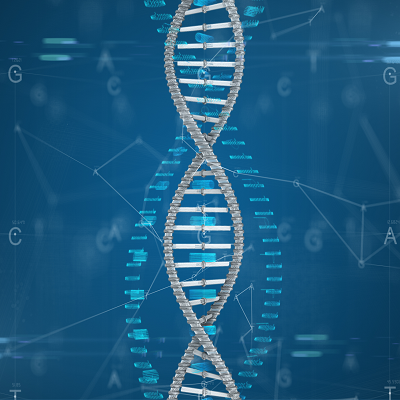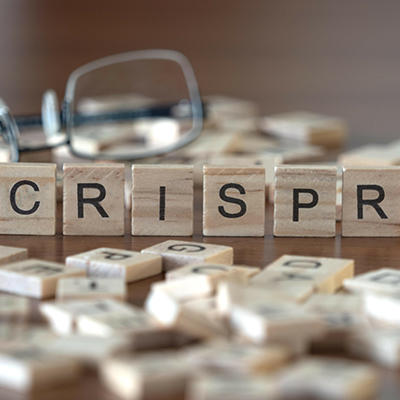 Lab-made antibodies offer potential cure for yellow fever
Lab-made antibodies offer potential cure for yellow fever
Researchers have found that lab-made antibodies offer a potential cure for yellow fever, a currently untreatable virus expected to spread due to global warming. Read More
 Riboswitches enable small molecules to regulate activity of anemia gene therapy in mice
Riboswitches enable small molecules to regulate activity of anemia gene therapy in mice
Astellas Pharma has helped develop a system for using small molecules to regulate gene expression that could improve the safety of gene therapies. Read More
 Nanoparticles enable delivery of CRISPR/Cas9-encoding mRNA to the lungs of mice
Nanoparticles enable delivery of CRISPR/Cas9-encoding mRNA to the lungs of mice
Nanoparticles have delivered to the lungs of mice messenger RNA (mRNA) encoding the machinery needed for CRISPR/Cas9 gene editing, raising hopes that the technology could ultimately be used to treat cystic fibrosis and other diseases. Read More
Japanese researchers have found that people who carry certain genetic risk factors for stomach cancer have a much greater risk if they have also been infected by the bacterium Helicobacter pylori. Read More
 Driver of responses to checkpoint inhibitors suggests way to improve cancer therapy
Driver of responses to checkpoint inhibitors suggests way to improve cancer therapy
Expansion of a diverse subset of T-cell clones influences how patients respond to immune checkpoint inhibitors (ICIs), suggesting it may be possible to predict who will benefit from the treatments. Read More
 Getting to the root of Alzheimer’s disease
Getting to the root of Alzheimer’s disease
More than 40 experts and 13 institutions are collaborating on a five-year, $41 million study funded by the National Institutes of Health (NIH) National Institute on Aging aimed at better understanding the biological pathways underlying Alzheimer’s disease. Read More
 Heart roundness an early marker of cardiovascular disease
Heart roundness an early marker of cardiovascular disease
Machine learning-enabled analysis of medical images identified cardiac sphericity, or roundness of the heart, as a potential early marker of cardiovascular disease. The National Institutes of Health (NIH)-supported research, published Wednesday in the journal Med, indicates that heart shape may be a useful addition to the cardiologist’s diagnostic toolkit. Read More
 What to do when genetic tests reveal links to cardiovascular disease: Scientific statement
What to do when genetic tests reveal links to cardiovascular disease: Scientific statement
Increased use of genetic testing means that people may discover they have an incidentally-found genetic abnormality, or gene variant, associated with cardiovascular disease (CVD), according to a scientific statement published Monday in the American Heart Association journal Circulation: Genomic and Precision Medicine. Read More
 Bile salt analog prevents C. diff infection in mice, advancing work to stop killer bacterium
Bile salt analog prevents C. diff infection in mice, advancing work to stop killer bacterium
A bile salt analog prevented Clostridioides difficile infection (CDI) in mice, pointing to a potential way to minimize the impact of a bacterium that kills 20,000 people a year. Read More
 Impact of circadian rhythms on cellular functions points to better ways to treat cancer
Impact of circadian rhythms on cellular functions points to better ways to treat cancer
Knowledge of how circadian rhythms affect cellular functions involved in the formation and progression of tumors could improve cancer treatment, according to a study published in Trends in Cell Biology. Read More
Conferences
Science Briefs
Member Rewards
Earn points for contributing to market research. Redeem your points for merchandise, travel, or even to help your favorite charity.
Research Topics
Interact with an engaged, global community of your peers who come together to discuss their work and opportunities.
Connect
Tweets by @ScienceBoard






